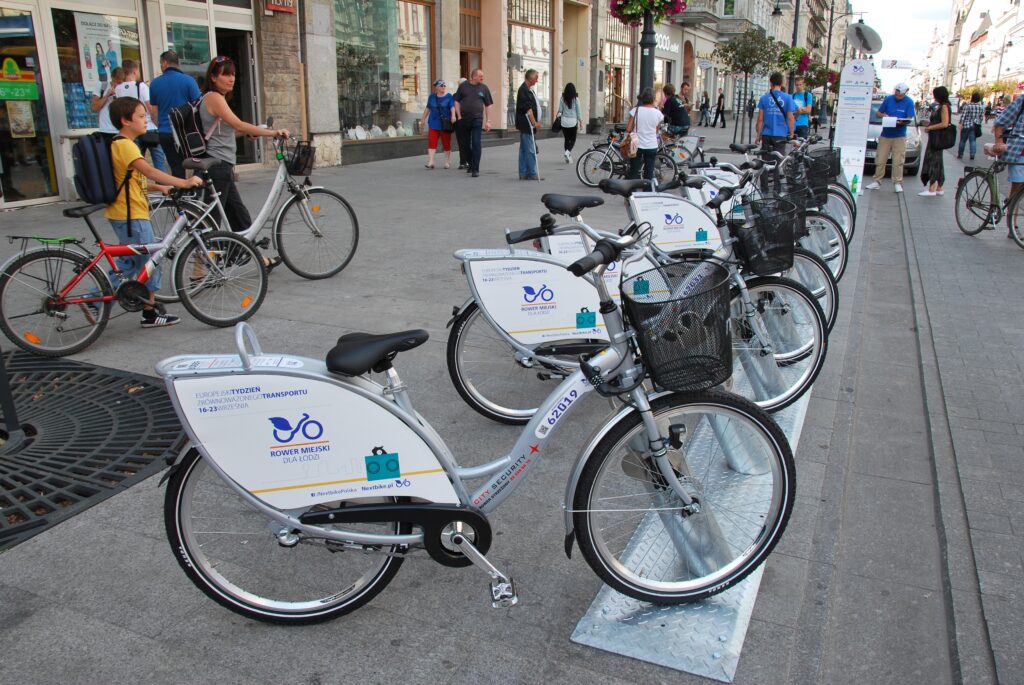
Dr. Peter Berrill’s study, featured in Transportation Research Part D, investigates the relationship between urban design and mobility habits in Berlin and 18 additional European cities. The findings demonstrate that proximity to city centers significantly reduces car ownership and the use of cars for travel, with a notable exponential drop in car ownership observed 6 km from Berlin’s center. The study also identifies distinct mobility patterns among various demographic groups, showing that factors like household income and size impact car ownership, while age and gender affect the choice of transport mode. The research indicates significant geographic differences, with cycling more common in German cities compared to cities like France, Vienna, or Madrid. These insights underscore the importance of urban planning strategies that encourage development near city centers and the enhancement of public transport and active travel infrastructure to lessen reliance on cars, thereby advancing sustainability and public health.


